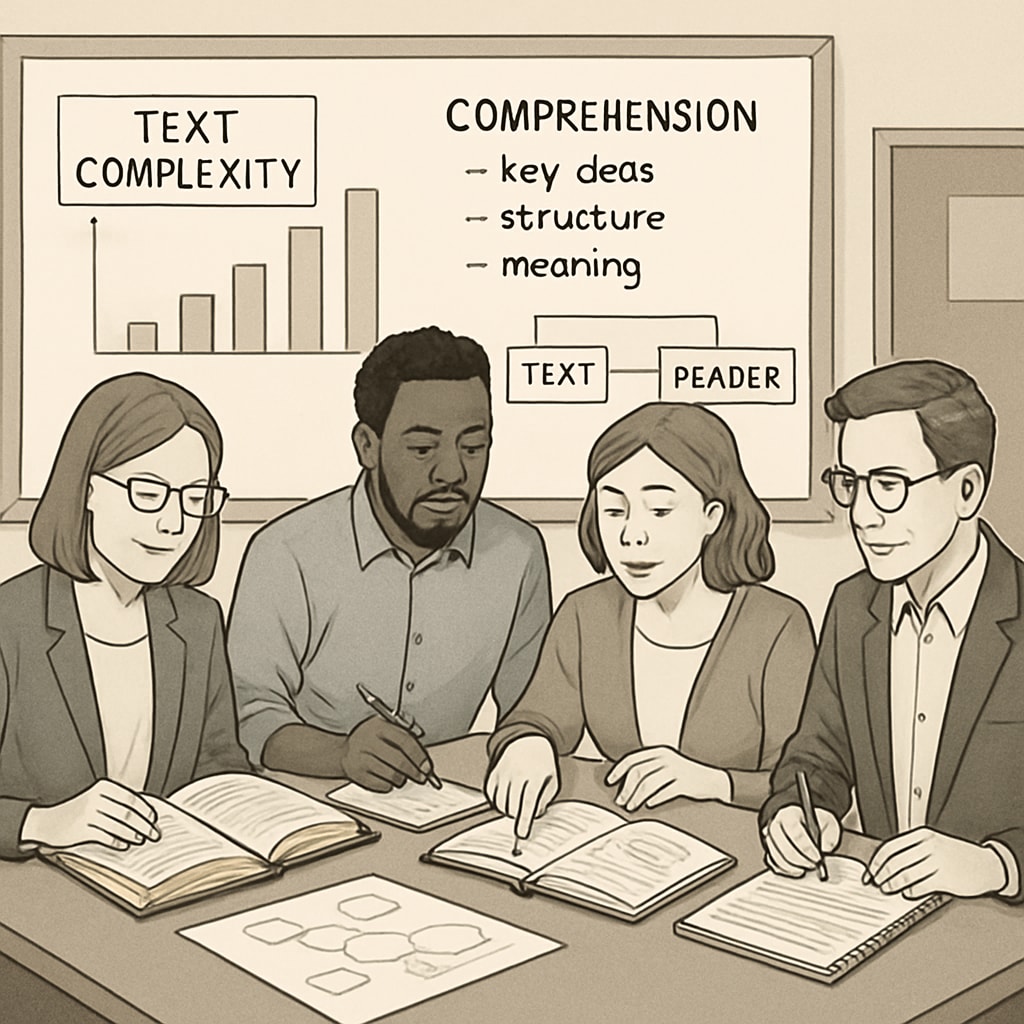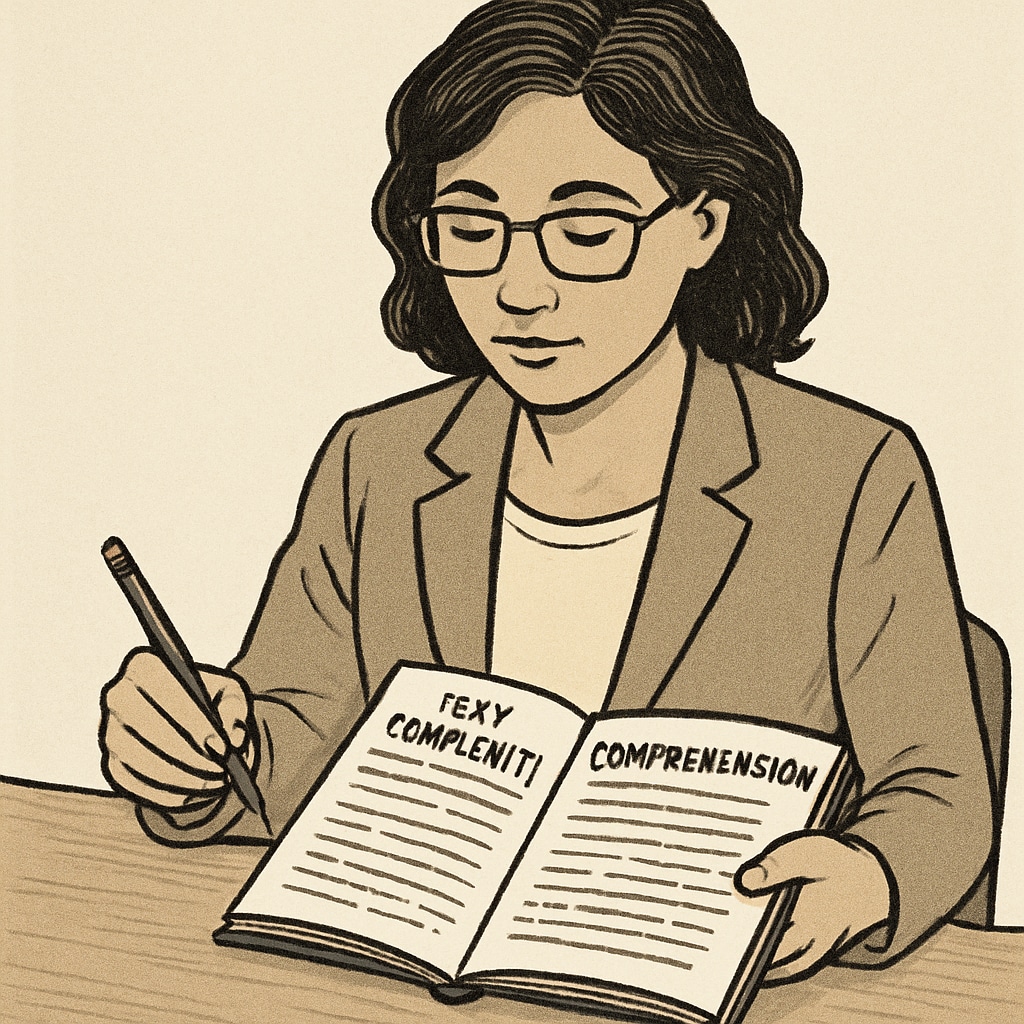In the evolving landscape of education, the role of teachers in shaping the future of reading comprehension cannot be overstated. Teachers are uniquely positioned to offer insights into how students interact with texts, making their voices invaluable in the study of reading comprehension, text complexity, and the design of effective educational resources. By volunteering just 30 minutes to participate in a text complexity evaluation task, teachers can make meaningful contributions to research that can transform K-12 literacy instruction.
The Importance of Text Complexity in Reading Comprehension
Text complexity refers to the level of challenge a text presents to readers. It encompasses factors such as vocabulary, sentence structure, coherence, and the knowledge required to understand the content. Determining appropriate text complexity is crucial for developing students’ reading comprehension skills, as texts that are too simple fail to challenge students, while overly difficult texts can lead to frustration and disengagement.
Research in this area supports the alignment of instructional materials with students’ reading abilities. However, optimal alignment requires input from teachers who understand the nuances of classroom dynamics and student needs. Their contributions can help refine the criteria used to assess text complexity and ensure that educational resources are both engaging and effective.

Teachers as Partners in Literacy Research
Teachers bring invaluable first-hand experience to the study of reading comprehension. Their daily interactions with students provide them with unique insights into how different types of texts impact learning outcomes. By participating in research initiatives, such as evaluating text complexity, teachers can bridge the gap between academic theories and practical classroom applications.
For example, a 30-minute evaluation task might involve reviewing sample texts and providing feedback on their suitability for specific grade levels. This feedback could include observations on vocabulary, sentence structure, and cultural relevance, all of which are critical components of text complexity. Such input ensures that reading materials support both skill development and student engagement.
How Teacher Participation Shapes the Future
Teacher involvement in text complexity research not only shapes the development of instructional materials but also influences broader educational practices. Here are three key ways teacher participation makes an impact:
- Enhancing Instructional Relevance: Teachers’ feedback ensures that reading materials are tailored to diverse student populations, addressing varying skill levels and cultural contexts.
- Supporting Policy Development: Data from teacher contributions can inform educational policies, ensuring that literacy standards are grounded in classroom realities.
- Empowering Professional Growth: Participation in research initiatives deepens teachers’ understanding of literacy development, enriching their professional expertise.
As a result, teacher participation serves as a catalyst for creating a more effective and equitable education system, benefiting both educators and learners.

Getting Involved: A Call to Action for Teachers
Participation in reading comprehension and text complexity research is simple yet impactful. Teachers interested in contributing can sign up for short evaluation tasks that fit easily into their schedules. These tasks are designed to be accessible, requiring no advanced technical knowledge—just a passion for literacy and education.
By dedicating just 30 minutes, teachers can help ensure that future reading materials meet the needs of diverse classrooms. Their expertise can influence the development of resources that foster critical thinking, creativity, and lifelong learning in students.
In conclusion: Teachers are not just educators; they are architects of the future. By joining hands with researchers, they can shape the next generation of reading instruction and literacy development. The call to action is clear: let your voice be heard and help build the bridge to the future of reading assessment.
For more information on text complexity, you can explore resources like Reading comprehension on Wikipedia or Reading in Britannica.


